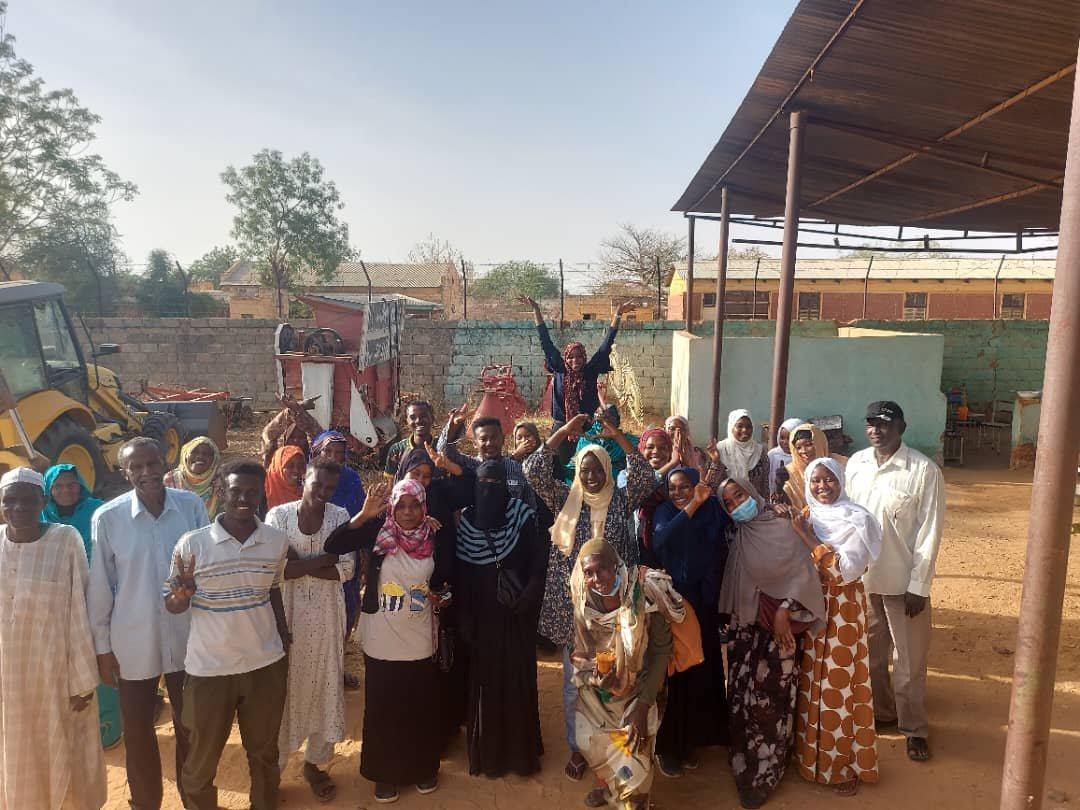History of Mutual Aid in Sudan
When war erupted on April 15, 2023, hundreds of young Sudanese volunteers swiftly organized grassroots support groups to deliver life-saving aid in their communities. These groups, often known as Emergency Response Rooms (ERRs), established a charter for decision-making and resource sharing based on principles of accountability, participation, transparency, and equality.
ERRs have emerged as primary responders, supplying food, water, hygiene materials, organizing evacuations, and providing healthcare. For millions of Sudanese, mutual aid is a lifeline, as they often receive aid solely from these local groups.
The success of ERRs is rooted in their local knowledge and relationships, which provide operational advantages in challenging environments. Their decentralized structure allows for context-specific decisions and real-time adaptation to security conditions. This unique approach ensures effective and accountable aid distribution.
Since their inception nearly two years ago, ERRs and mutual aid networks have continued to expand across Sudan, working in coordination with international and national NGOs and UN agencies. These large organizations often lack direct access to many communities, making the network of mutual aid responders essential for identifying needs, reporting on the crisis, and delivering aid throughout the country.
In addition to their demonstrated ability to respond effectively and cost-efficiently to immediate humanitarian needs, the network of mutual aid actors in Sudan is also planning for the future, even in these dark times.
When Sudan begins to rebuild and reunite in peace, the camaraderie, capacity, and organization of mutual aid groups will be the foundation for conflict resolution, democratic transition, and accountable public service delivery. Just as the ERRs and mutual aid have empowered Sudanese citizens to lead their humanitarian response, they see their role in recovery and rehabilitation as equally vital.



